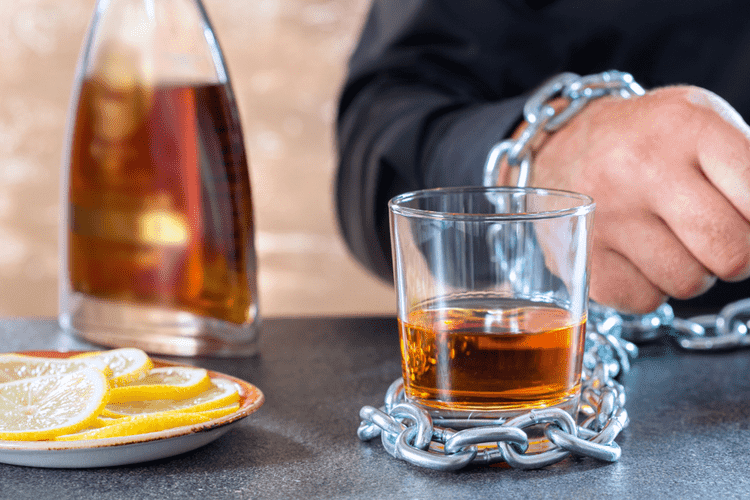Category: Sober living
Harmful Interactions National Institute on Alcohol Abuse and Alcoholism NIAAA
Content
Drinking a small amount can help people feel relaxed, but too much, too often, can be harmful for health. Healthline has strict sourcing guidelines and relies on peer-reviewed studies, academic research institutions, and medical associations. This literature review is the foundation of the current alcohol consumption guidelines. MedlinePlus links to health information from the National Institutes of Health and other federal government agencies.
Your provider can change your medicine to one that is a shot if you need a blood thinner. Blood clotting and alcohol abuse are linked for several reasons. Drinking reduces platelets in the blood, mainly by inhibiting blood cell production in the bone marrow. Coagulation refers to when blood cells stick together and form clumps. These clumps can form partial blockages in your blood vessels that raise pressure.
What to Limit When Taking Blood Thinners
In fact, more than 2 million people take blood thinners every day to keep them from developing dangerous blood clots. Staying Active and Healthy with Blood Thinners is a 10-minute video that shows how small changes in daily routines can help people take blood thinners safely. If you’re taking any medication, it’s wise to be careful about alcohol consumption. Many different medications can have potentially dangerous effects when they’re mixed.
Do blood thinners make you gain weight?
No, it's not known to. Weight gain wasn't reported in clinical trials of Eliquis. However, it's possible you may gain weight due to the reason you're taking Eliquis. For example, being less mobile raises your risk of deep vein thrombosis, which Eliquis is used to treat and prevent.
If you discontinue any of them, your doctor may want to check your blood more frequently, the NBCA advises. Pregnancy, taking estrogen-containing birth control, or using hormone therapy increases women’s chances of deep vein thrombosis, the CDC says. Serious illnesses, injuries, obesity, and long periods of inactivity can also increase your risk. Medicines you get over the counter may also interact with your blood thinner. Following is a list of some common medicines that you should talk with your doctor or pharmacist about before using. The doctor needs to know about all your medicines, including medicines you used before you started taking a blood thinner. For example, some blood thinners need to be taken at the same time of day, every day.
Deep Vein Thrombosis Home
This ultimately affects the delicate balance that doctors hope to achieve while using blood thinners. Depending on how this interaction works, it could cause the blood to become too thin, creating a high risk for bleeding from minor injuries. It could also reverse the effects blood thinners and alcohol of the blood thinners, increasing the risk of dangerous conditions like heart attack or stroke. People often worry about how routine medicines like blood thinner pills will affect their lifestyles. With a few simple steps, taking a blood thinner can be safe and easy.
Indocin (Indomethacin) – Oral: Uses, Side Effects, Dosages – Verywell Health
Indocin (Indomethacin) – Oral: Uses, Side Effects, Dosages.
Posted: Fri, 03 Feb 2023 15:33:02 GMT [source]
As females retain more alcohol in the bloodstream than males, they are at higher risk of developing problems from combining alcohol with medications. Talk with a healthcare professional to find out which blood thinner you qualify for. It can also limit your kidneys’ ability to excrete broken-down toxins or drugs, such as your prescribed blood thinner. This can lead to the same harmful effect of excessive anticoagulation. Plavix increases the risk of stomach bleeding when coupled with daily alcohol use. Alcohol use should be limited while on Plavix, and specific cases should be discussed with a doctor.
About Drugwatch.com
For example, women can experience the effects of mixing alcohol and medications more severely than men because of differences in metabolism. If you take prescription medication or use a specific medication every day, ask your doctor if it is okay for you to drink alcohol. You may be able to consume a limited amount safely, as long as you follow certain rules . Verywell Mind’s content is for informational and educational purposes only.

